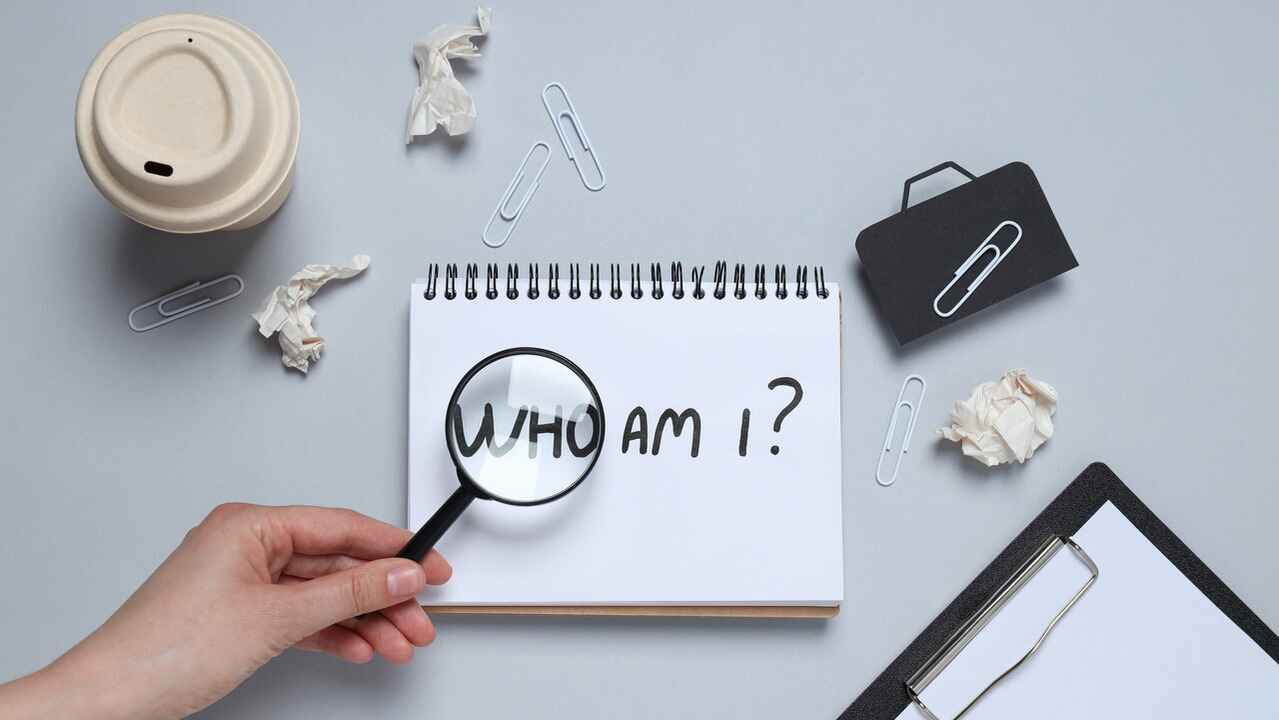Understanding Self-Discipline: Navigating Emotional Regulation for Healthier Habits

Today, I want to delve into a topic that is often overlooked but has significantly transformed my ability to foster healthy habits – essentially, what we commonly refer to as "self-discipline." Chances are, like me in the past, you're seeking to become the best version of yourself that you know you can be.
I believe deep down, we share a common understanding that we are "Made for More." What that entails can vary for each person. For me, it means finding true happiness in my body, life, and self. Achieving this, I've come to realize, relies on consistently caring for ourselves and showing up for our well-being.
The fundamental question then becomes: how do we break free from our comfort zones and the potentially self-sabotaging cycles we find ourselves in? Simply put, it's about understanding and applying key principles to the puzzle of self-discipline.
Let me articulate what self-regulation means to me:
Self-regulation is the art of monitoring and managing our inner energy states, encompassing emotions, thoughts, and behaviors. Specifically, emotional self-regulation involves handling disruptive emotions and impulses. This ability allows us to flexibly navigate between different states, ensuring that overwhelming feelings don't translate into a sense of powerlessness or lack of control over our responses to triggers.
When our nervous system is chronically dysregulated, it can manifest in various symptoms and conditions, from anxiety and depression to subtler signs like fidgeting or constant phone use. Trauma, chronic illnesses, and many mental health disorders can often trace their roots back to a dysregulated nervous system.
Reflecting on my teenage years, I realized that my lack of impulse control stemmed from not being taught how to manage emotions. I'd readily give in to any desire or emotion, making it challenging to maintain habits like regular exercise or healthy eating.
Learning to regulate our inner state and nervous system is key to healing, changing autopilot behaviors, and breaking these cycles. While I'm not a professional, I hope to share five essential points that have aided me in actively self-regulating my nervous system, consequently fostering self-discipline and overall happiness.
Five Fundamental Steps:
- Understanding the Nervous System
At the core is comprehending the three systems at play: the autonomic nervous system, sympathetic nervous system, and parasympathetic nervous system. These collectively regulate our physiological and psychological balance, influencing our reactions to stress or relaxation. - Navigating Overwhelm and Strong Emotions
Recognizing and finding ways to move out of overwhelming or shutdown states. - Building the Right Toolkit
Discovering the tools and resources to regulate the nervous system effectively. - Taking Action and Repetition
Acknowledging that merely understanding isn't sufficient; action and consistent practice are crucial for change. - Remembering the Cycle
Understanding that healing and transformation are not linear but rather a series of ups and downs. Setbacks are a part of the journey towards a regulated nervous system and healthier habits.
Building self-discipline was my path to altering how I felt about myself and life. Short-term pleasures couldn't outweigh the importance of valuing long-term benefits from healthy practices. However, the road was fraught with challenges.
I discovered that identifying where I stood within these nervous system states was pivotal. Recognizing safety, fight or flight, and shutdown modes, along with understanding their implications, significantly aided in making progress.
A trial-and-error approach with various tools – breathwork, meditation, exercise, among others – helped me find what works best for me. With time, this practice developed trust in handling my emotions and controlling my responses.
It's crucial to understand that setbacks are part of the journey. They don't diminish your progress; they contribute to your growth. Small steps forward, even in the face of setbacks, lead to significant improvements over time.
The journey to self-discipline and emotional regulation is personal and not linear. So, be patient, be kind to yourself, and remember that everyone, no matter how it appears, faces similar challenges.
Feel free to share your thoughts and queries, and I'll strive to create content that addresses them. Thank you for your time, and I look forward to continuing this journey together.
Considering to start journaling?
Try Natai Diary